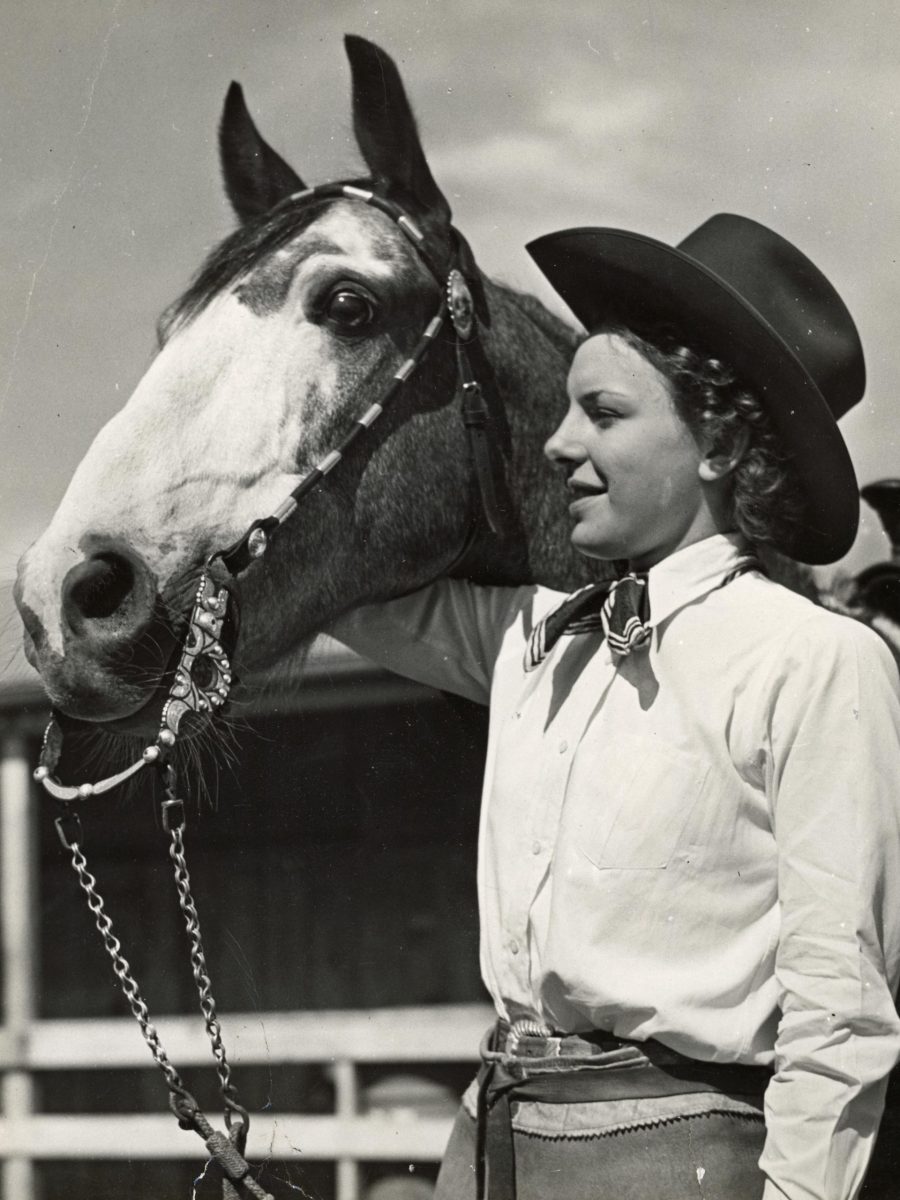PIERRE, S.D. (AP) — South Dakota Gov. Kristi Noem on Wednesday signed a bill to bar state election officials from accepting donations for election operating costs, taking aim at Mark Zuckerberg’s donations that in 2020 helped officials hold elections in the midst of the pandemic.
Zuckerberg and his wife, Priscilla Chan, in 2020 donated $350 million nationwide to help local election offices collect and count ballots. Those donations, which were made through the Chicago-based Center for Technology and Civic Life, have been targeted in Republican-run states, spurred by anger and suspicion that Zuckerberg’s money benefited Democrats.
Noem has in the past joined conservatives in accusing the tech mogul’s social media platform of censoring right-wing voices as part of its campaign against misinformation.
“Elections should be funded by government, and we will not risk creating avenues for big-tech billionaires to unfairly influence our free and open elections,” Noem said in a statement that disparaged the donations as “Zuck Bucks.”
The Center for Technology and Civic Life has said its grant program helped make the 2020 election the most secure in history while turnout soared even amid the COVID-19 pandemic. Federal officials from the Cybersecurity and Infrastructure Security Agency have also said that the election was the most secure in American history.
In several other red states, the move to bar private donations from funding election costs has come alongside packages that also put new limits on how voters can cast ballots and imposed new requirements on county or city-based election officials.
The South Dakota Legislature this year considered several other bills that would have put new restrictions on elections into place, but Senate Republicans rejected those.
Meanwhile, Noem on Wednesday signed 13 other bills she branded as “good government” laws, including a bill that clarifies that non-disparagement clauses in settlement agreements with the state cannot be used to stop people from speaking in closed-door meetings to a pair of the Legislature’s oversight committees.
That proposal arose after lawmakers were hampered at times last year as they tried to find out why a former state employee who directed the state’s Appraiser Certification Program was pressured to retire and eventually received a $200,000 payment from the state as part of a settlement agreement.
The state employee, Sherry Bren, had months earlier been called into a meeting with Noem, her daughter and other top officials, just days after the Appraiser Certification Program moved to deny her daughter’s application.
Noem’s daughter, after the meeting, received what Bren described as an unprecedented additional opportunity to show she could meet federal requirements with her appraisal work. But Noem has repeatedly denied wrongdoing for involving her daughter in the meeting and insisted she was solely focused on solving problems with the certification of appraisers.












